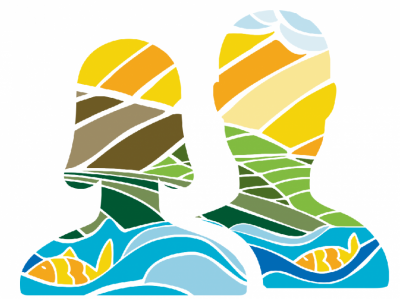Open Online Course on Gender and Environment

Do you want to find out why promoting gender equality and women’s empowerment can help deliver better environmental outcomes and to figure out how you can do it?
The course will help you better understand the linkages between gender and the environment. It will provide you with the knowledge and tools to mainstream gender, and to be an effective change-maker for sustainable development. It will also give you facts and figures, and a better understanding of the global international frameworks related to gender and environment.
It is a “one-stop-shop” for information and illustrations on gender dimensions linked to biodiversity, climate change, land degradation, international waters, and chemicals and waste.
All you need to know about gender and the environment!
Access the flyer here.
Who is this course for?
- Someone curious and interested to learn more about how efforts to address environmental degradation and promote gender equality can be mutually supportive.
- A specialist working on biodiversity, climate change, land degradation, international waters, chemicals and waste.
- A development practitioner working at the international, national or at the local level in environmental sectors.
- A policy-maker or government official working on environmental policies and projects.
What will you learn?
- What are the links between gender equality and environmental sustainability?
- Which global environmental frameworks include gender?
- How can gender-responsive policies and projects support environmental outcomes?
- Discover what you can do to promote gender equality and women’s empowerment in biodiversity, climate change, land degradation, international waters, chemicals and waste.
Will you get a certificate?
Each module includes a quiz to assess the achievement of the learning objectives. Learners who successfully pass each quiz with at least 70% of correct answers, within 3 attempts, will be able to download a certificate of participation from the course home page.
How is the course organised?
This self-paced course, available for free, is divided into the following six modules:
Module 1: Gender and Environment

This module provides an introduction to the linkages between gender and environment, including how these are referenced in international commitments, and strategies for addressing them in your work. It also illustrates the links between gender and environment across a range of thematic areas.
Module 2: Gender and Biodiversity

This module focuses on the link between gender and biodiversity and presents relevant international commitments, as well as action at the national and local level, highlighting how gender equality can contribute to biodiversity conservation.
Module 3: Gender and Climate Change

This module introduces the link between gender and climate change, underlining how women and men are experiencing its effects differently and how they are both part of the solution. It also outlines the main international/national instruments relating to gender equality and climate change and presents suggestions for action.
Module 4: Gender and Land Degradation

This module shows how land degradation is closely linked to social factors, stressing the importance of taking gender into account to effectively address this challenge and promote sustainable development. It presents relevant international/national instruments and suggestions for action, including the promotion of women’s agency.
Coming Soon: Module 5: Gender and International Waters & Module 6: Gender and Chemicals and Waste
This self-paced free course has been developed by the Global Environment Facility (GEF), the United Nations Development Programme (UNDP), the GEF Small Grants Programme (SGP), UNITAR/UN CC:Learn, with valuable contributions from the International Union for Conservation of Nature (IUCN), UN Women, UNDP, UN Environment and the Secretariats of the Multilateral Environmental Agreements that the GEF serves, including the Convention on Biological Diversity, the United Nations Framework Convention on Climate Change, the United Nations Convention to Combat Desertification and the Basel, Rotterdam and Stockholm Conventions, among others.
